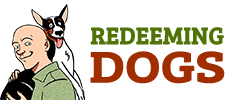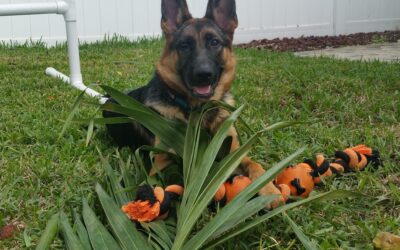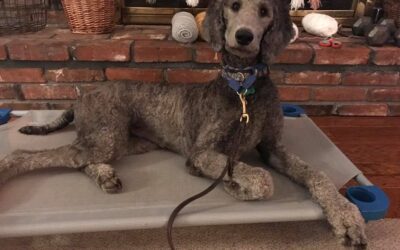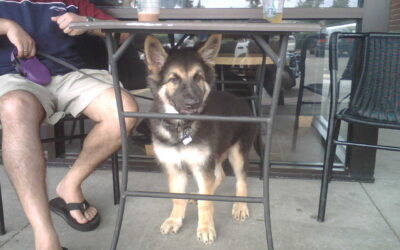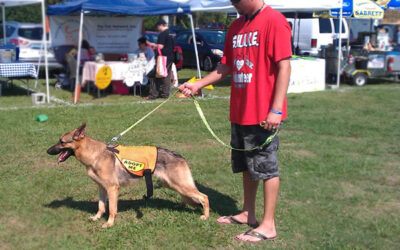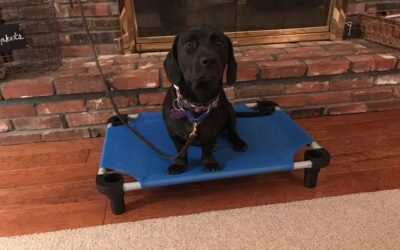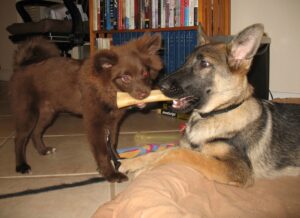 People have some weird ideas about play for dogs. They assume that dogs that won’t play aren’t happy or fulfilled, and dogs that frantically play all the time must be in total bliss. Time for a brief session of Tod Ruins Everything (blatantly stolen from TV show of a similar name).
People have some weird ideas about play for dogs. They assume that dogs that won’t play aren’t happy or fulfilled, and dogs that frantically play all the time must be in total bliss. Time for a brief session of Tod Ruins Everything (blatantly stolen from TV show of a similar name).Play isn’t always just play (or Tod Ruins Everything)
 People have some weird ideas about play for dogs. They assume that dogs that won’t play aren’t happy or fulfilled, and dogs that frantically play all the time must be in total bliss. Time for a brief session of Tod Ruins Everything (blatantly stolen from TV show of a similar name).
People have some weird ideas about play for dogs. They assume that dogs that won’t play aren’t happy or fulfilled, and dogs that frantically play all the time must be in total bliss. Time for a brief session of Tod Ruins Everything (blatantly stolen from TV show of a similar name).Related Posts
Time
As a parent we learn the lesson (hopefully) that there isn't such a thing really as "quality time". The magical things, the true teaching moments, just happen...
Nanny McPhee is my favorite dog Trainer
My favorite instructional dog training video is the movie Nanny McPhee. It wasn’t meant to be a dog training video but I find so much useful information there...
Why did my dog just start acting up?
Remember when you just got your dog or puppy? You kind of had them on "double secret probation"at first, they were crated more, watched closer, maybe kept on...
Connected to disconnection (or why does my dog ignore me?)
The most common thing I see with humans and dogs connected by a leash is the dog ignoring the human and the human trying to not be ignored by the dog. At best...
Make your dog training better regardless of your techniques.
Three things I always try to do to make my training better. They can be hard but committing to do these things before you start will turn into a better...
